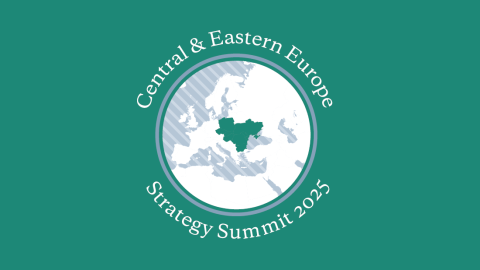Speaking to reporters at the G-20 summit in Toronto, President Obama declared his intention to complete the U.S.South Korea free-trade agreement, which was signed by the Bush administration three years ago. I want to make sure that everything is lined up properly by the time I visit Korea in November, and in the few months that follow that, I intend to present it to Congress, Obama said. It is the right thing to do for our country, it is the right thing to do for Korea.
The impetus for U.S. action on the trade deal may have been North Koreas unprovoked sinking of a South Korean naval ship back in March. (The torpedo assault killed 46 sailors.) South Korea is a vital U.S. ally in a strategically important region, and strengthening bilateral ties would send a clear message to both Pyongyang and Beijing. The White House deserves credit for moving forward on the trade pact, which congressional Democrats have been rigidly opposing for three years now.
But when will the U.S. take action on the Colombia and Panama trade accords? Neither of those FTAs is as economically significant as the Korea deal, and yet the president has let them remain in limbo. The U.S. has critical strategic interests at stake in Latin America, even if the Obama administration has largely treated the region as an afterthought. Moreover, Colombia and Panama both have conservative, pro-American presidentsAlvaro Uribe and Ricardo Martinelli, respectivelythat are eager to deepen relations with Washington. When Uribe leaves office later this summer, he will be replaced by another pro-U.S. conservative, Juan Manuel Santos.
Colombia is the closest U.S. ally in Latin America, and it has repeatedly been threatened by the volatile Chávez dictatorship in neighboring Venezuela. Just as completing the Korea trade pact would deliver a powerful message to Pyongyang and Beijing, finishing the Colombia deal would convey a similar message to Caracas. It would represent a rebuke to Venezuelan aggression.
Panama, meanwhile, is an increasingly influential player in the global economy, owing to its famous canal. An estimated 5 percent of all international trade passes through the canal, as does a much larger share of U.S. trade. The canal is currently undergoing a massive $5.2 billion expansion. This is a watershed moment in Panamanian history, and the U.S. should seize the opportunity to improve its partnership with the Central American country.
Indeed, if Obama is willing to fight for the South Korea FTA, he should be willing to fight for the Colombia and Panama agreements, too.

















